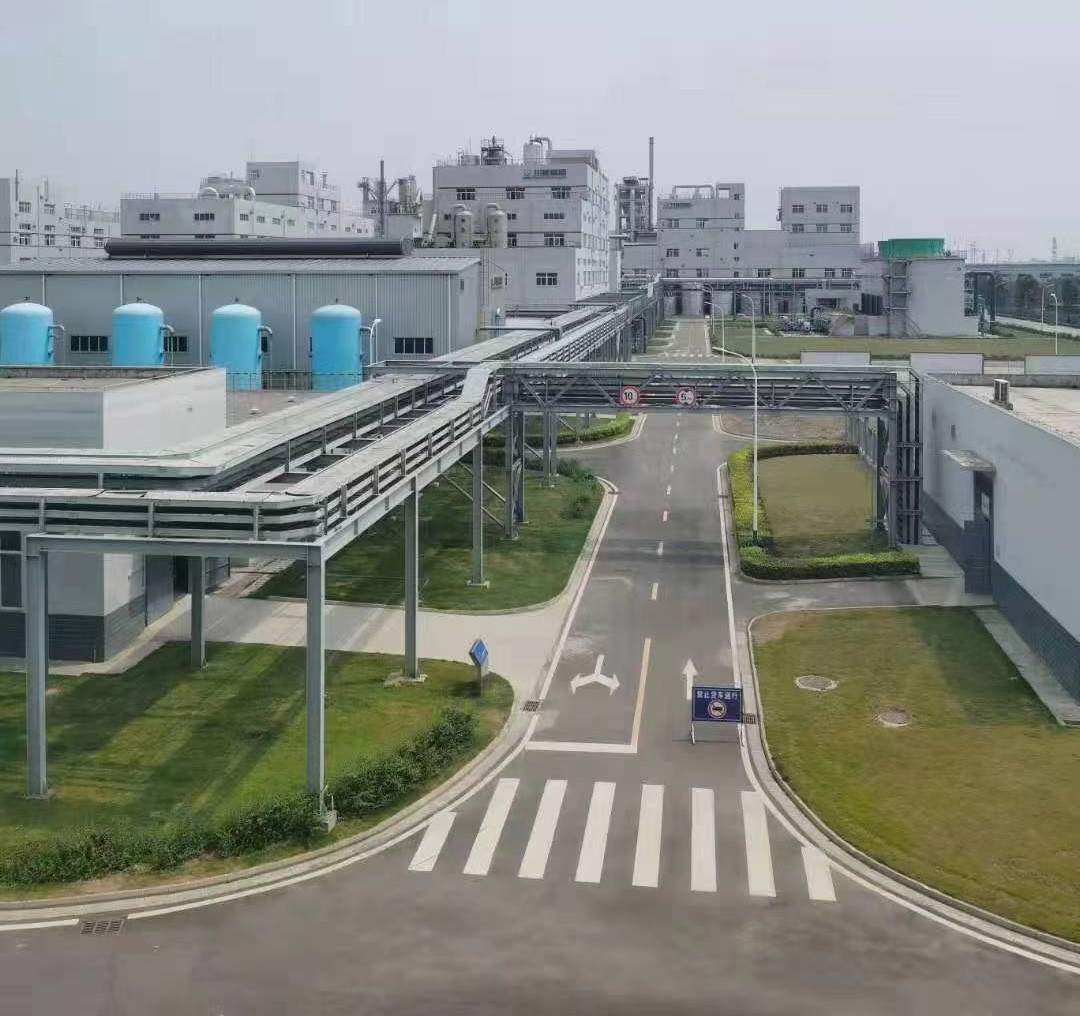The role of lithium iodide in lithium-oxygen batteries
Dec,21,23
Lithium-oxygen (Li-O2) batteries have a high theoretical energy density, which means they could be a potential replacement for lithium-ion batteries. However, the charging process of Li-O2 batteries requires higher energy due to the insulating nature of the discharge products. It has been shown that the anionic additive lithium iodide (LiI) can modulate the battery chemistry to form lithium hydroxide (LiOH) products that facilitate the kinetic process during charging. Although a large number of studies have been reported, the role of this additive is still under investigation.
1) As an anionic additive, LiI exhibits unique electrochemical behavior in Li-O2 batteries. With only LiI or water in the electrolyte, most studies report that the discharge product remains Li2O2. however, the coexistence of LiI with low water content leads to the formation of LiOH. i- is likely to produce strong hydrogen-halogen bonding, which promotes the deprotonation of water to form OH-. Meanwhile, at high water content, it inhibits the catalytic ability of I-, leading to the formation of Li2O2, LiOOH, or other by-products. The results show that the oxidizing ability of LiI is solvent dependent. In ether-based electrolytes, LiOH cannot be reversibly charged, and the addition of ionic liquids improves the oxidizing power of I-, showing great potential for realizing reversible LiOH/O2 chemistry.
2) Although a great deal of research has been conducted to understand the role of LiI, achieving LiOH reversibility remains a great challenge in Li-O2 batteries. The authors point out that, with the current research progress, there are still many controversies. Corresponding solutions are then proposed






